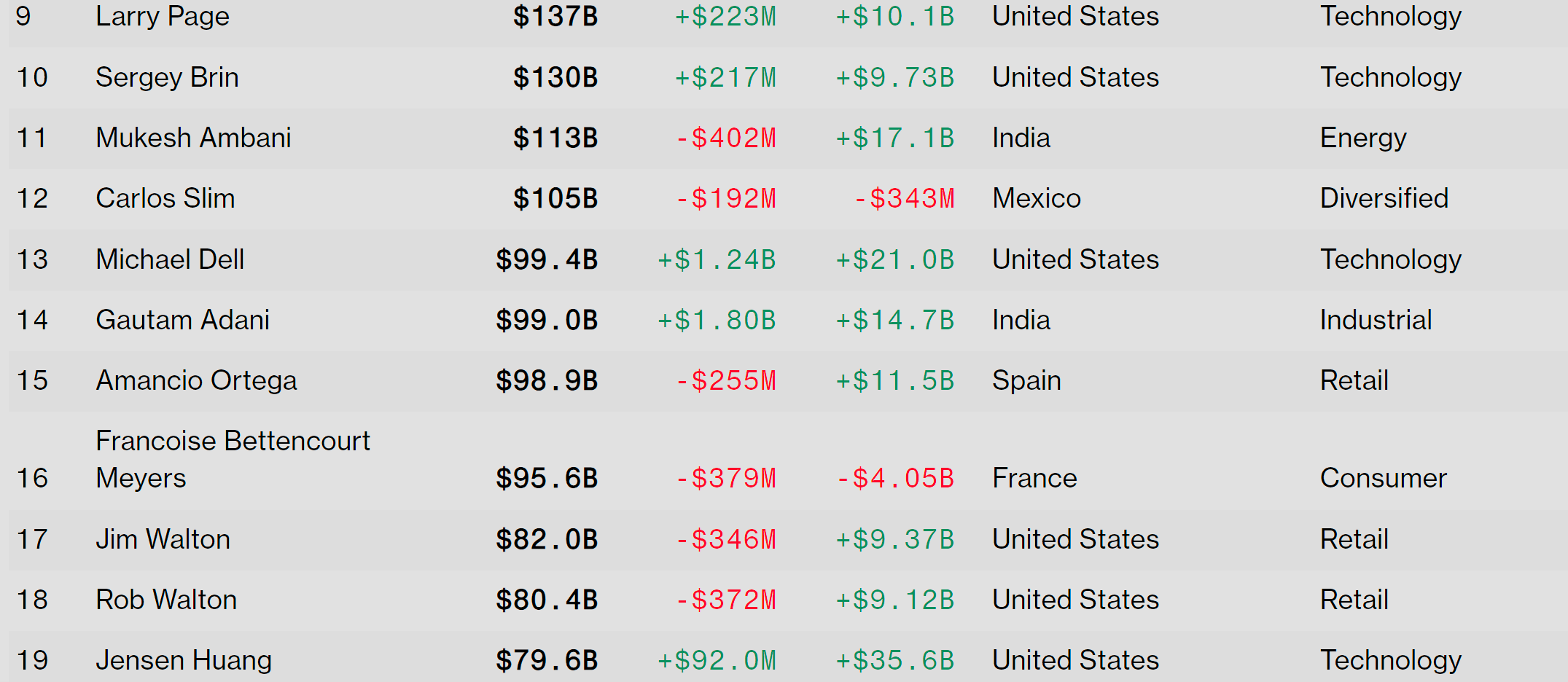In brief: As the CEO of Intel, Pat Gelsinger gets paid a lot. His compensation increased 45% to $16.86 million in 2023, and while that's more than most people will ever see, it's still just over half of what AMD boss Dr. Lisa Su made last year.
As revealed in Intel's 2024 proxy statement, Team Blue rewarded Gelsinger with a 45% increase on his 2022 compensation of $11.61 million, writes MarketWatch.
The majority of CEOs' compensation tends to come from stock awards. Intel's share price was up over 90% in 2023 after falling almost 50% the year before, meaning that although Gelsinger's $1.07 million base salary in 2023 was down 18% compared to the previous year's $1.3 million, the value of the stock awards he received increased from $8.87 million to $12.43 million. His non-equity incentive plan compensation, which includes cash performance bonuses, increased from $945,900 to $2.89 million. He also received $112,000 in deferred compensation, while the 'all other compensation' category was down from $497,100 to $362,900. In total, Gelsinger's compensation reached $16.86 million in 2023.
AMD's proxy statement showed that Su's yearly compensation increase was small compared to Gelsinger's, up $130,000, but the Team Red boss received a $1.2 million salary and $21.85 million in stock awards, with her total compensation reaching $30.35 million, or about 80% more than Intel's CEO.
It's unlikely that Gelsinger will be very upset about his compensation being lower than Su's. When appointed Intel boss in 2021, he received total compensation of $178.59 million, which included $140.43 million in new-hire equity awards. Intel's stock is down 28.5% since then, while AMD's is up 92.5%.
The big question is, how will Nvidia's Jensen Huang's compensation compare to his rivals? Nvidia hasn't filed its proxy statement for the latest fiscal year, though we know Huang's total compensation for the previous year was $21.36 million, down from $23.74 a year earlier.
Nvidia, of course, saw its stock increase 238% in 2023 as a result of the generative AI boom. In February, it was reported that this performance had pushed Huang into 21st place on Bloomberg's Billionaires Index (above) – he's now in 19th position. Furthermore, Nvidia's $2.26 trillion market cap is almost five times the combined cap of Intel and AMD.

